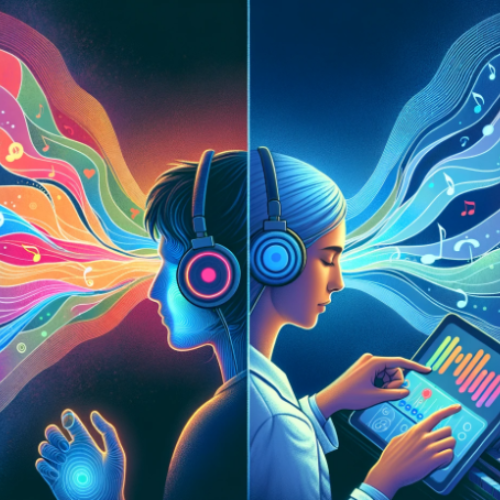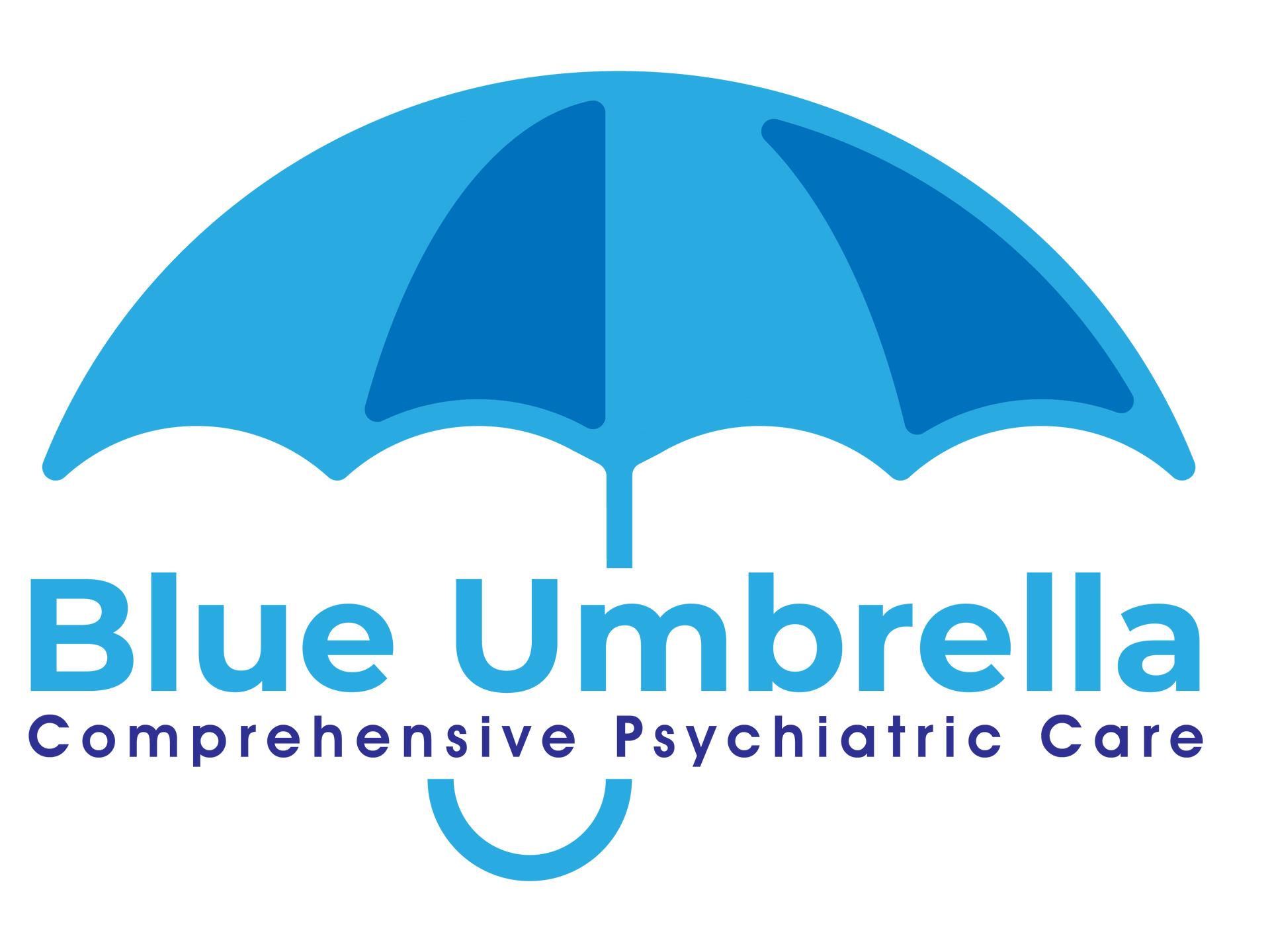The Healing Power of Music Therapy: A Path to Improved Mental Health for Teens

As mental health challenges among teenagers continue to rise, innovative approaches to support their well-being are more essential than ever. One such approach gaining traction is music therapy, which utilizes the power of music to foster emotional healing and connection.
Understanding Music Therapy
Music therapy involves the use of music to address various physical, emotional, and social needs. Certified music therapists employ different techniques, such as songwriting, improvisation, and active music-making, to create a therapeutic environment where teens can express their emotions and develop coping strategies.
Benefits of Music Therapy for Teens
- Emotional Expression: Many teens find it difficult to articulate their feelings verbally. Music provides a unique outlet for expression, allowing them to communicate complex emotions through songwriting or by simply engaging with the sounds that resonate with them.
- Stress Reduction: Engaging in musical activities can significantly reduce stress and anxiety. Whether it’s playing an instrument, singing, or even listening to calming music, these activities can create a sense of relaxation and serve as a powerful coping mechanism.
- Social Connection: Group music therapy sessions encourage social interaction and foster a sense of belonging. Teens can connect with peers who share similar experiences, combating feelings of isolation and loneliness.
- Coping Skills Development: Music therapy equips teens with essential coping skills. They learn to use music as a tool for managing their emotions, creating a personalized toolkit for self-soothing and emotional regulation.
- Boosting Self-Esteem: Participating in music therapy can boost self-esteem and confidence. Teens may discover new musical talents or build on existing skills, giving them a sense of accomplishment and pride.
Supporting Teen Mental Health at Blue Umbrella Psychiatry
At Blue Umbrella Psychiatry, we are committed to supporting the mental health of children and adolescents. While we do not provide music therapy directly, we understand its value and encourage parents and teens to explore music as a form of self-care. Our comprehensive mental health services include therapy, medication management, and support from our team of Psychiatric Mental Health Nurse Practitioners (PHMNPs) and therapists.
We believe in fostering an environment where teens feel safe to explore their emotions and develop effective coping strategies. Our team is dedicated to addressing the unique mental health needs of young people, providing them with the tools and resources they need to thrive.
Conclusion: Embracing Music as a Therapeutic Tool
As the mental health landscape continues to evolve, incorporating music as a therapeutic tool can significantly enhance emotional well-being among teens. Whether through writing songs, playing instruments, or simply enjoying music, the healing power of sound can make a profound difference.
If you’re a parent looking to support your teen’s mental health, we invite you to reach out to Blue Umbrella Psychiatry. Together, we can navigate the complexities of mental health and empower your child on their journey to emotional well-being.













